

Flash games have been around for years now, and Flash itself is a popular medium for creating casual games.
With the maturity of the market, if you create a Flash game, whether by creating it directly using Adobe products such as Creation Suite, other programming software or by using a game creation tool such as Stencyl, there are now many methods in which you can earn from your finished creation.
Be warned that, although it is possible to make money, sometimes a lot of money, it does take time and effort. The more fun your game is to play, the more money it will likely make.
Some of these methods of earning will provide a residual income, possibly for years after the game is first published. Again, the better your game is, the higher the residual income will usually be.
Here, then, are some methods of earning money from a Flash game, by using affiliate programs, competitions, in-game advertising and micro-transactions. The list is by no means inclusive.
You can also Make Money From Flash Games with Ports, Revenue Sharing Sites, Self-Sponsorship, Sitelocks, and Sponsorship.
These are programs in which you earn money from having the companies branding inside the game.
 FOGDev is a product from FreeOnlineGames, one of the older games portals. It is essentially sponsorship without being sponsored. By adding their API to your game, the FOG preloader will run before the game loads, in the same way that a sponsor would normally have their preloader running.
FOGDev is a product from FreeOnlineGames, one of the older games portals. It is essentially sponsorship without being sponsored. By adding their API to your game, the FOG preloader will run before the game loads, in the same way that a sponsor would normally have their preloader running. Similar to FOGDev, the Fupa affiliate program has a number of different options that can be added in game, such as a splash screen, Fupa bar, various banner sizes text links and sending traffic via your in game buttons. The more traffic generated, the better the quality of the traffic and the more plays on Fupa's site, the more you earn. You can also drive traffic to your own games on Fupa's site, getting paid for sending traffic to your own games.
Similar to FOGDev, the Fupa affiliate program has a number of different options that can be added in game, such as a splash screen, Fupa bar, various banner sizes text links and sending traffic via your in game buttons. The more traffic generated, the better the quality of the traffic and the more plays on Fupa's site, the more you earn. You can also drive traffic to your own games on Fupa's site, getting paid for sending traffic to your own games. Not quite an affiliate program, but not quite advertising either. With GamesChart, a small icon is shown in game. Clicking this brings up a chart of games - hence the name - and revenue is earned from clicks on sponsored listings. Don't up your clicks with click fraud though.
Not quite an affiliate program, but not quite advertising either. With GamesChart, a small icon is shown in game. Clicking this brings up a chart of games - hence the name - and revenue is earned from clicks on sponsored listings. Don't up your clicks with click fraud though.Competitions can provide a nice chunk of extra cash if you enter and, of course, win them.
Some sites hold regular competitions. Kongregate has regular weekly and monthly contests, which are automatically entered by submitting a game there. Competition is fierce, due to the quality of competing games and the fact that many top developers automatically add their games to Kongregate.
There are other competitions both from Kongregate and other sites, although these tend to be irregular. Prizes can vary, but may be in the multiple thousands of dollars. The bigger the prize, the harder it is to win.
In-game advertsing networks are a popular method for earning money for developers. There are a number of networks available, although, if your game is sponsored, you may be restricted as to whether or not you can use any ad network, and, if ads are allowed, which network(s) you can use.
 Originally a banner network aimed at games portals, Bannerflux has expanded to include in game advertising. Currently, two ads are available, a pre-loader for whilst the game is loading, and an interstitial for using between levels. This network is smaller than CPMStar and MochiMedia, and appears to solely pay on a CPC basis.
Originally a banner network aimed at games portals, Bannerflux has expanded to include in game advertising. Currently, two ads are available, a pre-loader for whilst the game is loading, and an interstitial for using between levels. This network is smaller than CPMStar and MochiMedia, and appears to solely pay on a CPC basis. Pros: CPMStar is popular with sponsors, no branding and a lower payment threshold than MochiMedia. Gives sponsors a revenue percentage from CPMStar's cut.
Pros: CPMStar is popular with sponsors, no branding and a lower payment threshold than MochiMedia. Gives sponsors a revenue percentage from CPMStar's cut. Pros: MochiMedia is very easy to join with a number of advert formats. A wide range of other in-game APIs and tools, including Live Updates which allows a game to be modified after distribution. Proven payments.
Pros: MochiMedia is very easy to join with a number of advert formats. A wide range of other in-game APIs and tools, including Live Updates which allows a game to be modified after distribution. Proven payments. Newgrounds provides a means of using CPMStar ads in a game, using Newgrounds as an intermediary. Payments are received from Newgrounds, not CPMStar.
Newgrounds provides a means of using CPMStar ads in a game, using Newgrounds as an intermediary. Payments are received from Newgrounds, not CPMStar.
 Micro-transactions allow players to purchase in-game items of varying types. Although the currency used to pay for these items is electronic and has no real value, the currency itself is purchased using real money, given as a reward for signing up for offers or using mobile payment.
Micro-transactions allow players to purchase in-game items of varying types. Although the currency used to pay for these items is electronic and has no real value, the currency itself is purchased using real money, given as a reward for signing up for offers or using mobile payment.Sites such as Kongregate may disallow MT systems or the logins needed to use such systems. In such cases, either MTs need to be left out, or the site's own system used, if possible.
There are a number of micro-transaction suppliers. Of these, only GamerSafe Gold and MochiCoins aren't effectively restricted to a single site.

GamerSafe provide the GamerSafe Gold MT System. Players need to be logged into their GamerSafe account in order to buy Gold or items.
 Kongregate provide their Kreds MT system. Users need to be logged into Kongregate in order to buy Kreds or items.
Kongregate provide their Kreds MT system. Users need to be logged into Kongregate in order to buy Kreds or items.
 Only works with users of MindJolt.
Only works with users of MindJolt.
 MochiMedia provides the MochiCoins MT system. Players need to be logged into the Mochi system in order to purchase Coins or items.
MochiMedia provides the MochiCoins MT system. Players need to be logged into the Mochi system in order to purchase Coins or items.
As part of their concentration on their core business, MochiMedia have announced that they will be discontinuing MochiCoins from 15th October 2012.
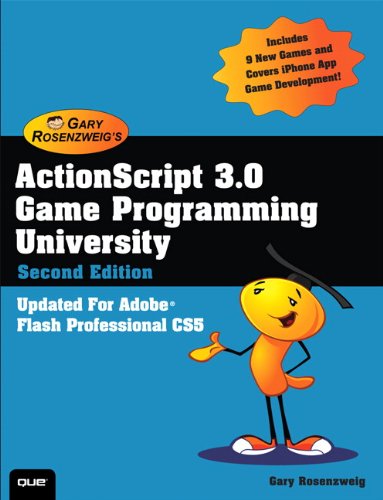 ActionScript 3.0 Game Programming University (2nd Edition)
ActionScript 3.0 Game Programming University (2nd Edition)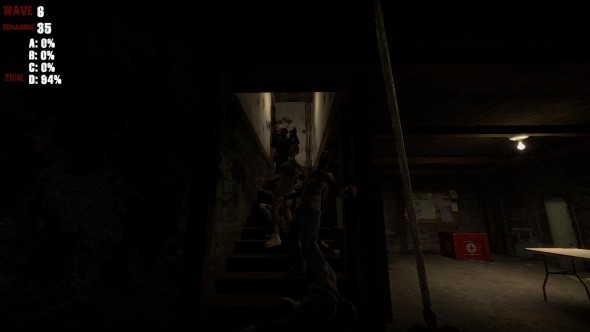



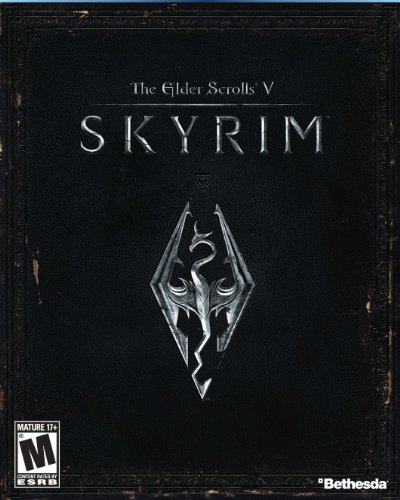 The Elder Scrolls IV: Oblivion Plugin Knights of the Nine Revelation Rewards and Unique Items
The Elder Scrolls IV: Oblivion Plugin Knights of the Nine Revelation Rewards and Unique Items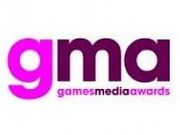 The Week in Review: Games Media Awards winners caught wanking on a live stream Edition
The Week in Review: Games Media Awards winners caught wanking on a live stream Edition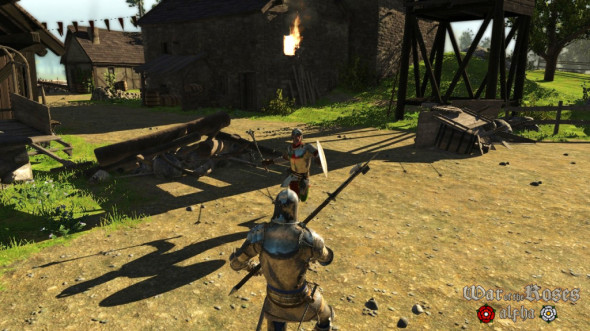 The Simple Guide To Dueling In Different Games
The Simple Guide To Dueling In Different Games Fire Emblem: Awakening Guide – Paralogue 7: Noble Lineage Guide - GamersHeroes
Fire Emblem: Awakening Guide – Paralogue 7: Noble Lineage Guide - GamersHeroes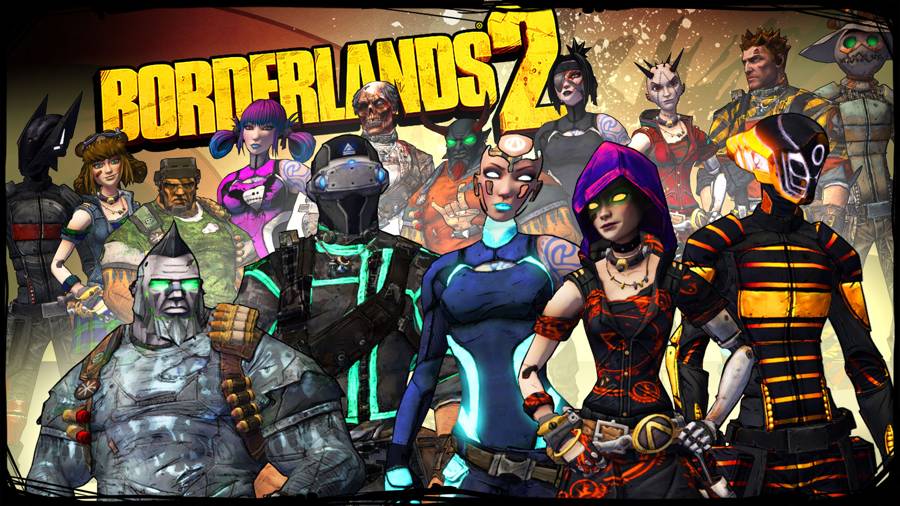 Borderlands 2 Guide: Southpaw Steam And Power Vault Symbol Location Guide
Borderlands 2 Guide: Southpaw Steam And Power Vault Symbol Location Guide